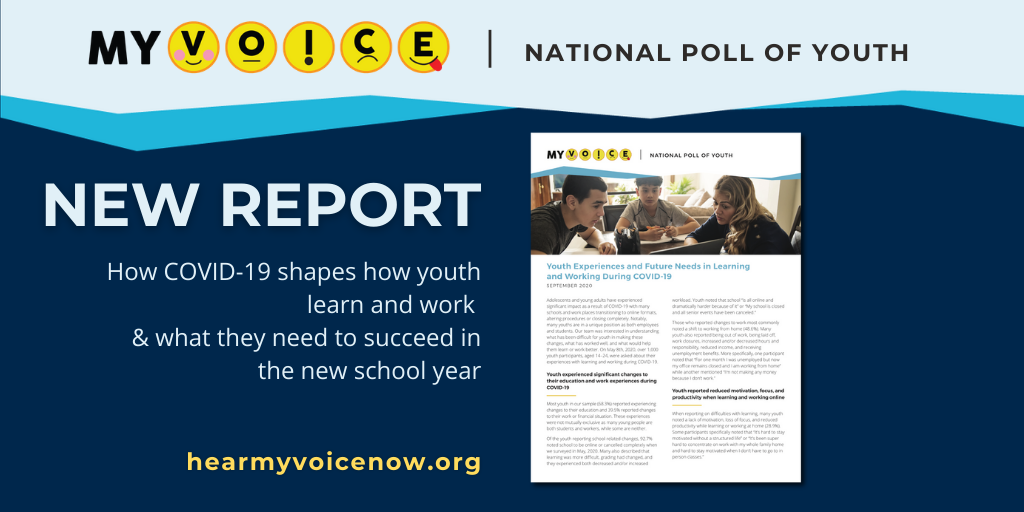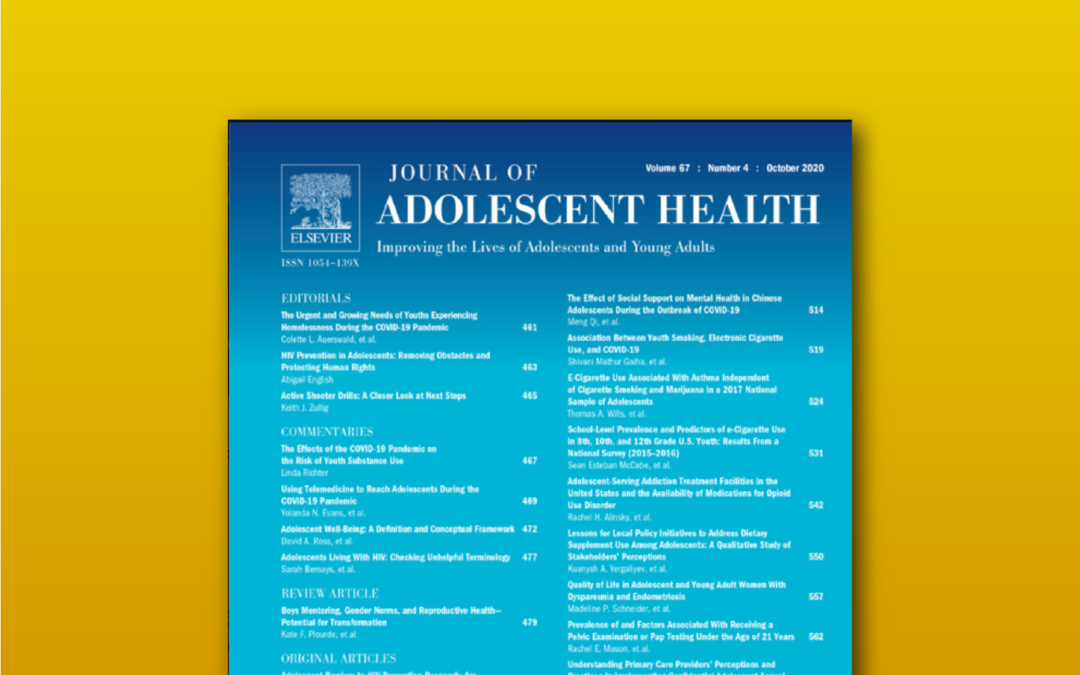

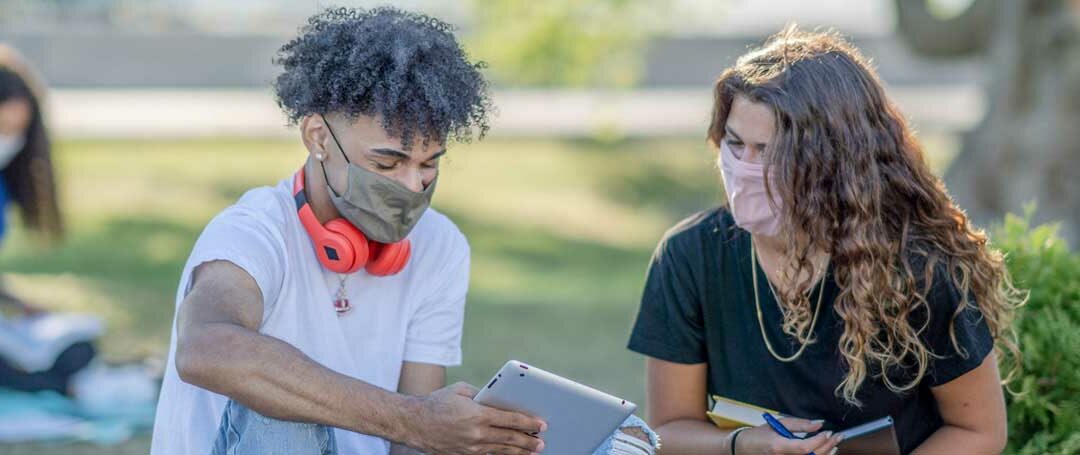
COVID-19 and College Campuses: MyVoice Provides Youth Perspectives for a 2020 National Academies Report
In its third collaboration with the National Academies of Sciences, Engineering and Medicine (NASEM), data from the MyVoice National Poll of Youth shines in a new national report that provides recommendations on how to stem the spread of COVID-19 infections on college campuses. The report, Encouraging Protective COVID-19 Behaviors among College Students, is a “rapid consultation” that offer lessons learned from the 2020 fall semester regarding COVID-19 testing and guidance on student behavior, as college administrators plan for the 2021 spring semester. Quotes from MyVoice participants feature predominantly in its first pages, reflecting the lived experience of college students across the country.
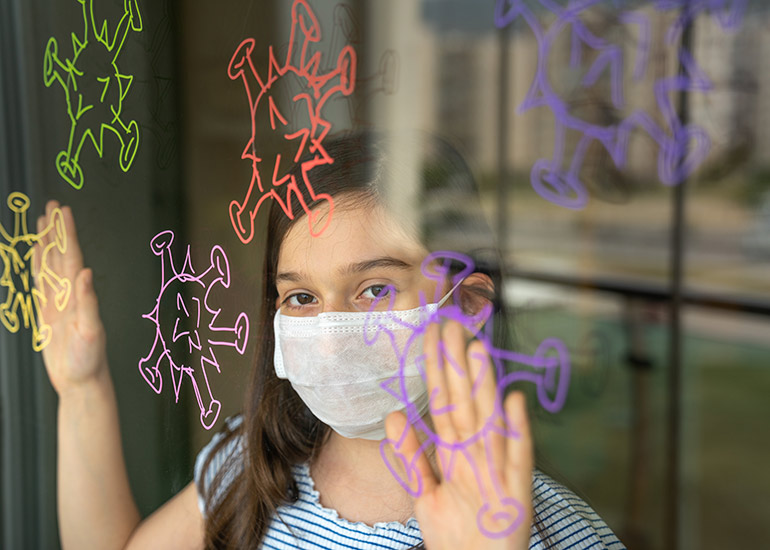
A Different Struggle: What the Pandemic Is Doing to Kids and Teens
While children likely are infected at much lower rates than adults, and have lower rates of becoming symptomatic, the psychological effects of COVID-19 have hit them hard and are likely to leave lasting emotional scars. Their social development is being hampered, many are scared of the ways the pandemic will impact them and their families, and mental health resources are strained. Kids and teens are feeling the dearth of socialization opportunities more acutely than adults, too, and for good reason.
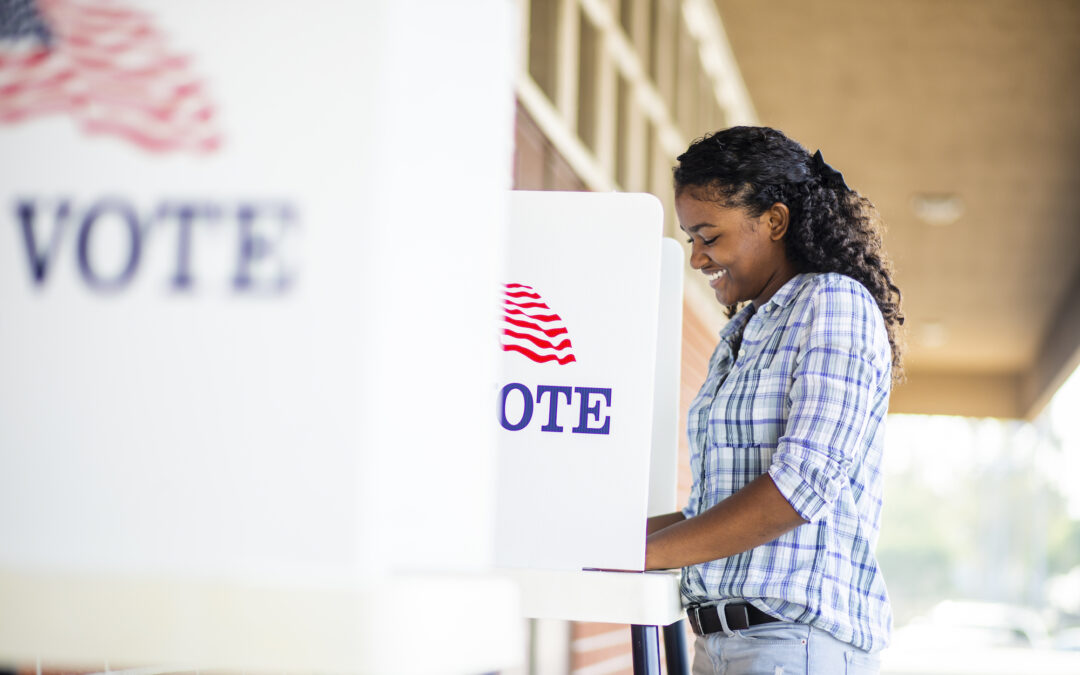
In Election 2020, youth share views on health care and political participation
Pandemic and health issues are top of mind for the election, and changes to reproductive health funding are unpopular among MyVoice participants, according to new 2020 polling. New analysis of a set of 2020 MyVoice polls finds that most youth are unaware of changes to...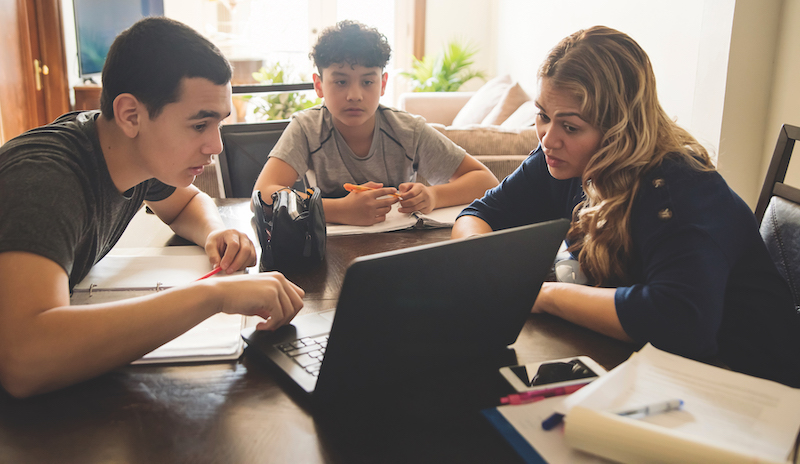
What do teens & young adults need to get through the COVID-19 pandemic?
Last spring, the pandemic sent them home from high school or college, derailed their sports and activities, and sent them into “essential” workplaces that carried a new health risk. The summer has come and gone, and now they’re facing months more of living, learning, working and trying to have a social life in the time of COVID-19. But what do people in their teens and early 20s need to get through these times? New data from a MyVoice study based at the University of Michigan give some important insights.
